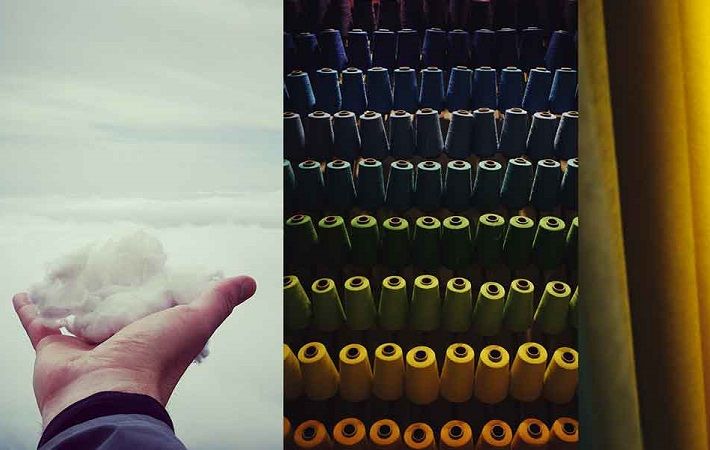
The partnership between the two companies will have a positive impact on the textile industry and the environment, the companies said in a joint statement. Tidal Vision’s new 24,000 sq ft facility is established within Leigh Fiber’s 1,000,000 sq ft headquarters in Wellford.
The facility delivers environmentally friendly bio-based Tidal-Tex chitosan solutions at a lower cost than the traditionally used synthetic chemical textile treatments. Tidal Vision’s strategy is to provide these bio-based solutions at a lower price to advance their mission to create systemic environmental impact.
Tidal-Tex is Tidal Vision’s product line of water-based textile treatment solutions that are formulated with a non-toxic and biodegradable biopolymer called chitosan. Tidal Vision sources, extracts and processes chitosan from crab and shrimp shells. Tidal-Tex can be applied to textiles through a simple dip, spray or coating application where curing is as easy as drying, or removing the water, and leaving behind the desired performance benefits.
Tidal Vision formulates different variations of Tidal-Tex to provide biostatic, fire retardant or anti-odour properties to textiles. Tidal-Tex product line offers formulas with Tidal Vision’s patented crosslinking technology for unprecedented washing durability performance. These bio-based treatments are applied to fibres, yarn, woven or nonwoven textiles.
“Partnering with Tidal Vision is a win-win for our company, our customers, and the environment,” said Eric Westgate, SVP of Leigh Fibers. “Their Tidal-Tex product line delivers the key benefits that our customers look for in textiles at a lower price and is made from sustainable materials in the US. At Leigh Fibers, we’re committed to advancing sustainable innovation and repurposing textiles for a cleaner, healthier planet.”
“Our proprietary lower-cost chitosan technology, combined with lower freight costs from our new facility, allows us to deliver our Tidal-Tex product line to textile manufacturers at a price point less than half of many heavy metal antimicrobials, such as silver and copper. This is the first time that fiber, yarn, and textile manufacturers have had an environmentally friendly option at a lower cost with equivalent or better performance,” said Kari Ingalls, director of textile business development at Tidal Vision.
Fibre2Fashion News Desk (KD)